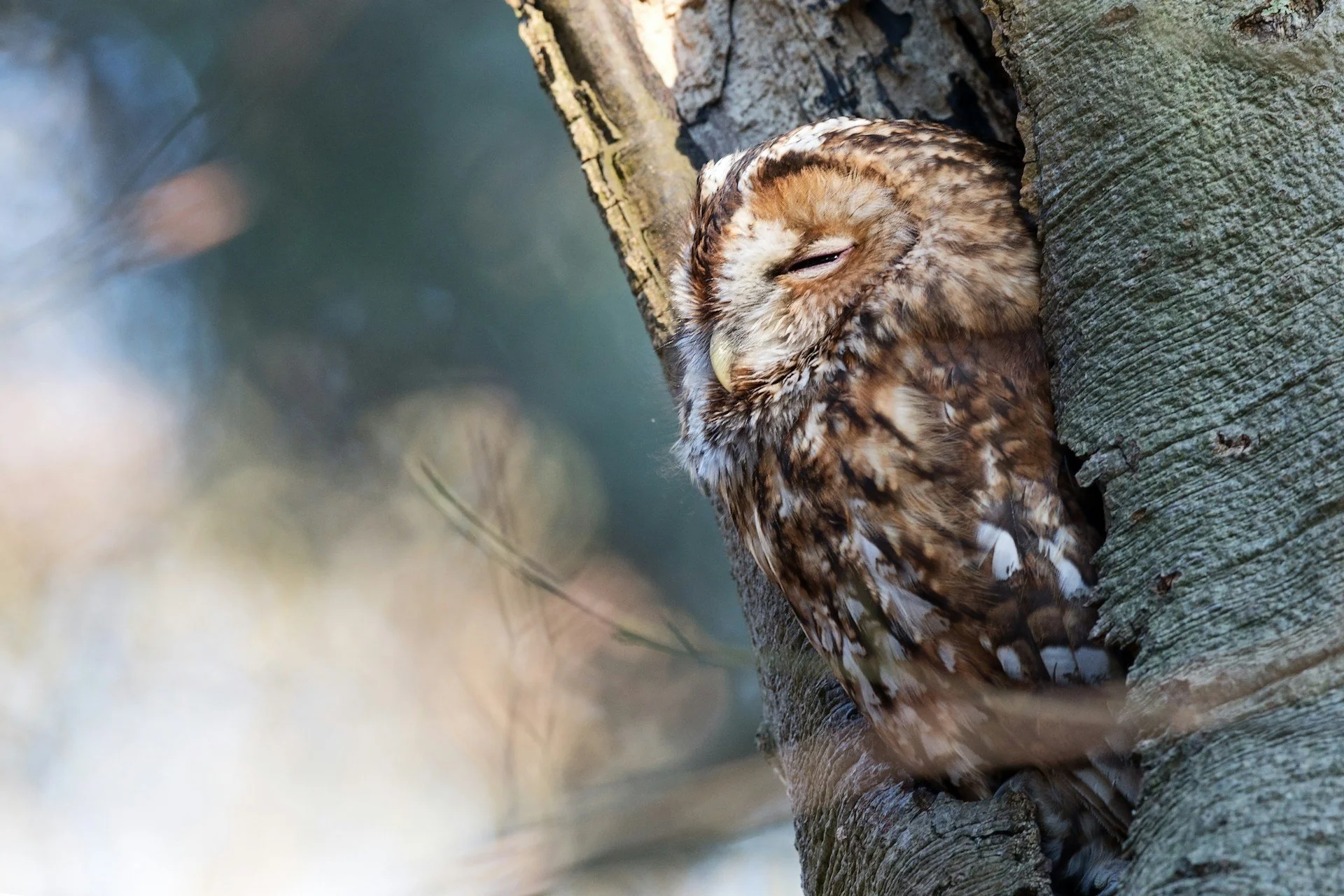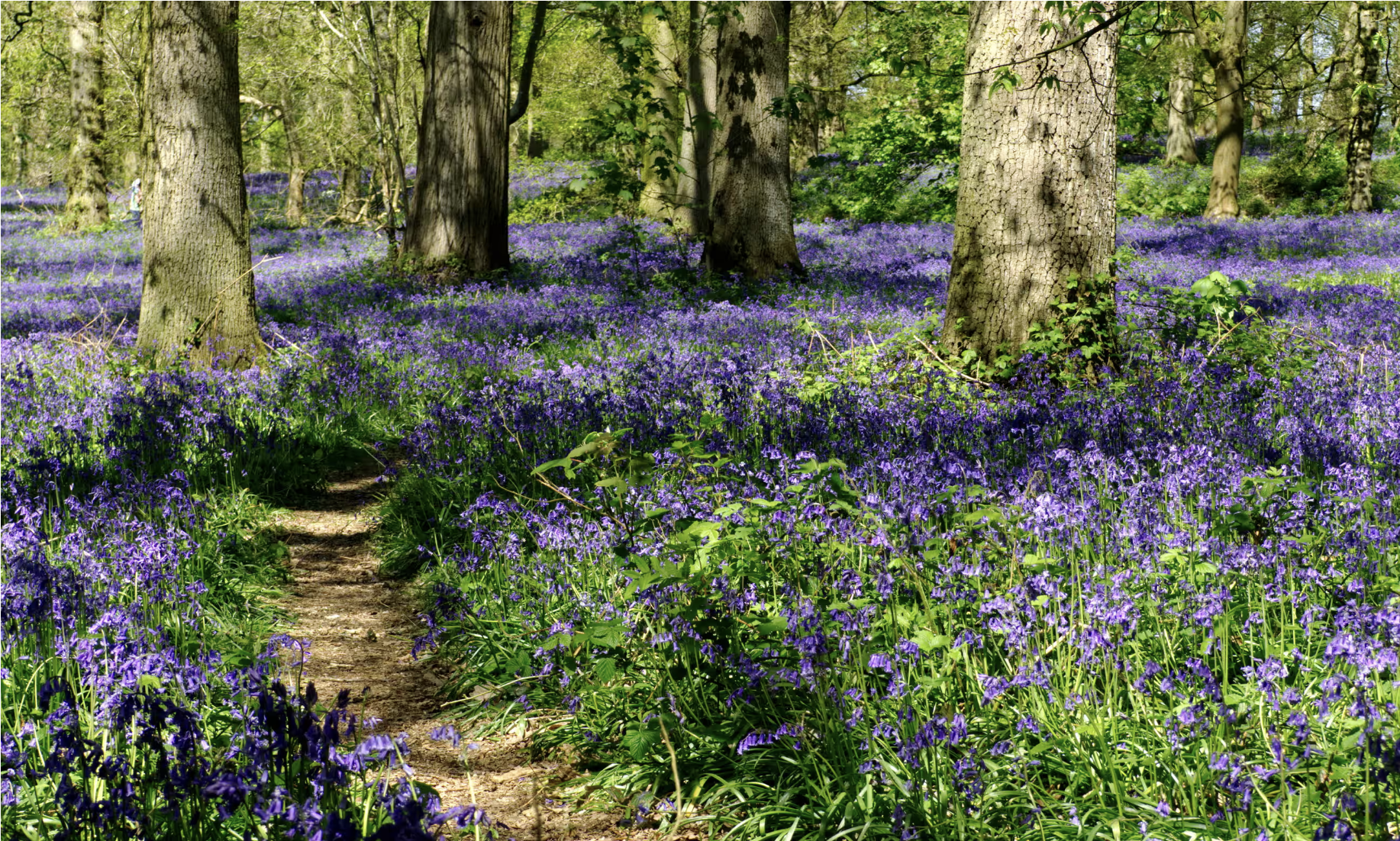Our wonderful wild isles
A growing number of us yearn to spend more of our time in nature.
We’re living in a period of eco-anxiety and burnout. The rat race. Social pressures. Growing populations. The sheer noise of today’s world is drowning out our connection with nature. We have less time for and less space for nature in the UK than ever before.
But the evidence is there. Nature is good for us. And good for the harmony of our planet.
Access to green spaces
Despite all of the known benefits of nature, almost 10 million people (roughly 1 in 5) in the UK live in areas with very limited access to green space. Almost 40% of people from BAME backgrounds live in the most nature deprived areas. And for those in neighbourhoods that are most deprived of green spaces, communities typically only have access to public green space of less than 9m2 per household (that’s the size of a garden shed).
Source: Friends of the Earth
In short, for so many of us, finding places to really immerse ourselves in all the rich and wonderful wildness that the British Isles can offer is becoming increasingly difficult.
The People & Nature Survey for England 2023 found one quarter of people hadn’t visited any green or natural spaces in the previous 14 days prior to being surveyed. Which, for a nature lover, I find unfathomable. Two weeks without nature...
Wildlife in the UK
Is it any wonder? Last year it was announced that the UK is one of the most nature depleted countries in the world. Let me say that again. The UK is one of the most nature depleted countries in the world. Shocking.
Meaning not only are we struggling to find green spaces, but so too is wildlife.
Here is the stark reality of wildlife in the UK. Since 1970…
UK species have declined by about 19%.
1 in 6 species are now threatened with extinction.
More than half of our flowering plants, mosses, and their relatives have been lost.
Invertebrates such as insects, spiders, and millipedes are found in 13% fewer places.
Pollinators such as bees, hoverflies, and moths have decreased by 18%.
What’s causing these nature declines in the UK?
A combination of things. Just some of the reasons include:
Climate change and pollution.
Intensive agriculture.
Increasing urbanisation.
Years of underfunding conservation by our government.
The people want nature
Our nation’s desire to reconnect with Britain’s unique landscapes and wildlife is growing. We have more members of nature and wildlife conservation organisations here in the UK than any other country in Europe (but less than 1% of our total landmass is managed by these organisations). Out of the total people with access to a garden, 76% spend time in it at least once a week.
And over 10 million people (1 in 5) tuned in to watch Wild Isles, the BBC natural history series backed by RSPB, WWF, and the Open University and narrated by non other than Sir David Attenborough, that showcased the beauty and breadth of UK wildlife like never before. It was so popular, that it made it into the top 10 most watched shows in 2023.
Protecting our wild isles
How do we ensure that the huge numbers of us who long for time in nature can actually do so? With so many of us desperately seeking nature, the more we can do to influence how the UK can be protected and nurtured for the greater good of every living being that calls our islands home, the better. Humans and wildlife alike.
Those of us who care can help. And the more of us who care, the more who will help.
With a historic win for nature in the EU, I can’t help but wonder if the UK is dragging its feet… The EU Nature Restoration Law, adopted on the 27th February, sets a target for the EU to restore at least 20% of land and sea areas from a poor to a good condition by 2030, increasing to 60% by 2040, and 90% by 2050.
It’s time for the UK to follow.
Earlier this year we did see the UK government announce new measures to protect land and sea, which was fantastic. We also have the Retained EU Law Act to thank for rescuing hundreds of environmental laws that were set to disappear at the end of 2023. But let’s not forget that we’ve also seen significant unravelling of previous commitments on nature too.
Much more needs to be done from the top down to secure the health of our natural environment, as well as improve access to it. The government’s most recent package of measures (including 34 new landscape recovery projects) is a small start.
What can we all do to help our wild isles?
When lobbying governments and businesses feels too daunting, what can we all do individually to help nature in the UK?
Here are just a few ideas:
Be a voice for nature – Sign petitions. Tell your MP about the importance of protecting nature in your area. Talk to your friends, families and colleagues.
Make your home a wildlife haven – If you have a garden, use it to encourage native wildlife and species back. Plant flowers know to attract pollinators and install bird feeders. No garden, no worries: window boxes and bee bricks are little suggestions, but can make a huge difference.
Take part in wildlife counts – like the MSQ/Sustain team did a few weeks ago as part of the RSBP Big Garden Birdwatch, which provides vital data on winter birds. It helps us to not only be more aware of the nature in our backyard, but also learn what we can do to invite more wildlife back.
Become a member of a conservation society – RSPB, National Trust (both UK and Scotland), The Wildlife Trusts, The Woodland Trusts, to name just a few! There are so many incredible organisations working tirelessly for nature here in Britain. Your support goes along way.
Vote – With the general election coming up, it’s never been more important to choose parties and policies who have nature in mind. Vote wisely.
Bringing nature back from the brink
Whilst we’ve witnessed a huge decline of nature here on our wonderful wild isles, there are still lots of actions we can take and beauty to be found. And we don’t need to look far to seek inspiration from people who are taking matters into their own hands and making a dramatic difference in their local areas.
These are a couple of my favourites:
Beaver re-introductions in London (after nearly 400 years of absence!).
The Wilder Blean project, a Bison re-introduction programme in Kent.
Knepp Estate who chose rewilding and are reaping the rewards (I’d highly recommend reading owner Isabella Tree’s book ‘Wilding’).
These are all proof that in the end, given half a chance, nature will always win.



